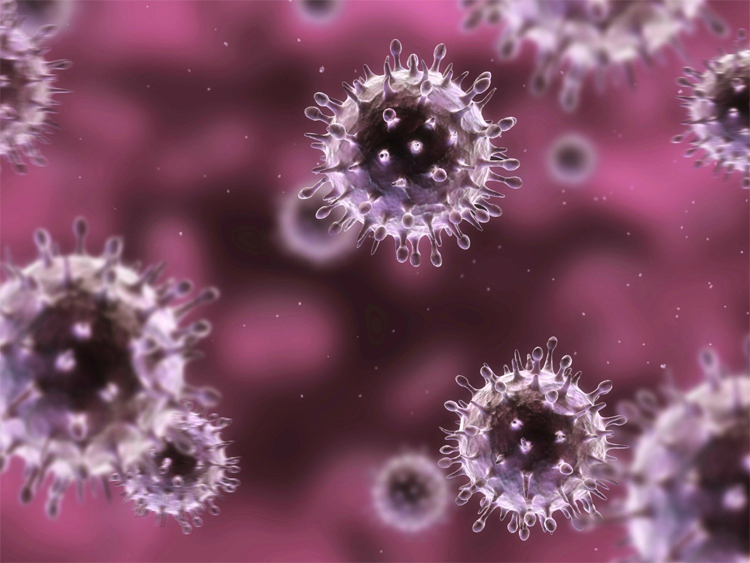Viral Vector Vaccine Design Services
Viral vectors are promising tools for the development of novel vaccines and vaccination approaches. Viral vector-based vaccines present advantages over traditional vaccines in that they can enhance a broad range of immunogenicity without an adjuvant and induce a robust cytotoxic T lymphocyte (CTL) response to eliminate virus-infected cells. During the last several decades, viral vectors have been extensively studied in animal models, and many types of viruses have been developed as vaccine vectors and entered clinical trials. The most promising method involves "prime-boost" strategies with other types of vaccines such as recombinant antigens or DNA vaccines. Viral vector is a promising system for the development of effective and safe vaccines for many important diseases. Creative Biolabs is professional in a wide range of vaccine technologies including Viral Vector Vaccine. Our scientists are confident in offering the best services and products upon request.

Advantages
- High efficiency gene transduction
- Highly specific delivery of genes to target cells
- Induction of both humoral and cell-mediated immune responses
- Improved efficacy and safety
- Reduced administration dose
- Enable large-scale manufacturing
- Potential targets ranging from cancers to a vast number of infectious diseases
Disadvantages
- Risk of integrate into the host genome and lead to other diseases
- The presence of pre-existing immunity against the vector caused by previous exposure to the virus and the production of neutralizing antibodies can reduce vaccine efficacy

Major Viral Vectors
The development of viral vectors requires a high level of biosecurity to be recognized by the public. Therefore, low pathogenic viruses are often selected. When using viral vectors, it is important to assess the potential effects by understanding epidemiological and virological characteristics. The specific property of the vector is determined by the virus and each vector has s advantages and disadvantages (Table 1). The vaccinia virus and adenovirus are the most widely used vectors because they can induce a strong immune response against the expressed foreign antigens.
Table 1. Advantages and disadvantages of major viral vectors [1]
| Virus | Advantages | Disadvantages |
|---|---|---|
| Retrovirus | Long-term gene expression |
Generation of replication-competent virus potential for tumorigenesis Infects dividing cells only |
| Lentivirus |
Long-term gene expression Infects non-dividing and dividing cells |
Generation of replication-competent virus potential for tumorigenesis |
| Vaccinia virus |
High immunogenicity Safety: used as a smallpox vaccine High titer production |
Pre-existing immunity |
| Adenovirus |
High immunogenicity Safety: used in many clinic trials High titer production |
Pre-existing immunity |
| Adeno-associated virus |
Long-term gene expression Non-pathogenic virus |
Low titer production |
| Cytomegalovirus |
Induces a unique CTL response Protects against SIV infection in an animal model |
Pre-existing immunity Risk of pathogenesis in specific individuals |
| Sendai virus | High immunogenicity | Pre-existing immunity |
In summary, several viral vectors have been successfully used for vaccine production and gene therapy. These vaccines can potentially induce a strong immune response in tissues and cells and achieve targeted delivery. Early-phase trials have shown that they are well tolerated in humans. Although the additional challenges lie ahead, the prospect of viral vector vaccine looks promising.
Reference
- Ura T Okuda K; et al. Developments in Viral Vector-Based Vaccines. Vaccines (Basel). 2014, 2(3): 624-641.
All of our products can only be used for research purposes. These vaccine ingredients CANNOT be used directly on humans or animals.


